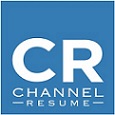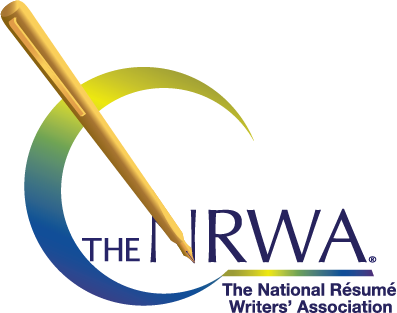
Like many ethical questions, the answer is “it depends”, which means there is a “yes” and “no” component to the answer. At the outset, I should state that a resume is your own personal work biography rather a legal document, so you are not required to state every job you’ve ever had. But what you are required to do is put in relevant credentials, and relevant work, training, and education information so that an employer can fairly assess your candidacy for a position.
Non-Career Jobs:
Let’s start with a past job that is not related to the industry you’re in. I would say that it’s okay to leave those jobs out. This includes part-time jobs in university, or the first one or two jobs you took right out of university before you found something in your field, or even a temp job that you took following a lay-off.
Leaving these jobs out may create gaps in your resume, so be prepared to talk about what you did during those time periods. You may also consider categorizing your job history into two sections: one that says “Relevant Job Experience” and the other saying “Other Experience”.
“What you are required to do is put in relevant credentials, and relevant work, training, and education information so that an employer can fairly assess your candidacy for a position.”
Career Jobs:
Now for past jobs that are related to your career, it gets a bit tricky. As a senior Vancouver resume writer, I believe it is okay to leave out a past job if you’ve had it for less than one year. Why one year? There are no fixed rules, and this may seem arbitrary, but if the job is one you’ve had for less than twelve months, it will appear as less of a gap in your work history, than one you’ve had for two or more years.
But if your employer asks you what you did during the period where you’ve omitted a past job, you’ll need to make a full disclosure, and tell them where you worked, what you did, and for how long. And if asked, you’ll need to tell them why you left.
Leaving out past jobs that go beyond 10 or 15 years is fine. Many employment experts seem to agree on this point. Your employer is most interested to know what you did recently, so spend the time when writing your resume to focus on writing out your job responsibilities and accomplishments during that last 10 to 15 years.
In closing, bear in mind that a resume is different from a job application form you might be asked to fill out. In the latter case, the employer will usually ask you to write down every job you’ve had, covering a specified time period.
Need a New Resume?
If you have any questions about updating or upgrading your resume, don’t hesitate to contact Channel Resume. For job applicants who work during regular office hours, I can arrange to meet you at a time or day that is convenient for you.







